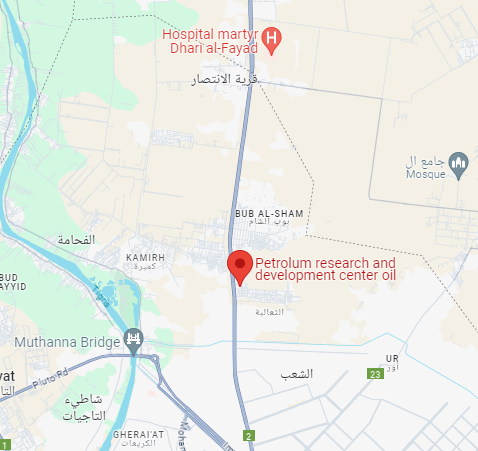Effect of Different Operating Conditions on the Corrosion of Carbon Steel in Oxygenated Sodium Sulphate Solution
DOI:
https://doi.org/10.52716/jprs.v4i3.118Keywords:
corrosion, carbon steel, sodium sulphate, velocity, oxygenAbstract
Carbon steel is a major metal used in manufacturing of the equipments used in petroleum industry and it is subject to different operating conditions causing various corrosion attacks. Corrosion of carbon steel in sodium sulphate solution (Na2SO4) under flow conditions was investigated using rotating cylinder electrode (RCE) for a range of rotation velocity (0 – 2000 rpm) and temperatures (32 - 52 oC). The corrosion rate was determined by using both weight loss method and electrochemical polarization technique (limiting current density). Different salt concentrations were investigated ranged from 0.01 to 0.4 M. The effect of time (or corrosion product formation) and the effect of oxygen concentration through air bubbling in the solution were also investigated and discussed. The results showed that increasing rotational velocity leads to a considerable increase in the corrosion rate represented by limiting current density. The corrosion rate had unstable trend with salt concentrations and temperature. Generally, the corrosion rate decreased appreciably with time due to the formation of corrosion product layer depending on rotational velocity, temperature, and oxygen concentration. It was found that, air pumping through the salt solution leads to a considerable increase in the limiting current density (iL) depending on rotational velocity, temperature, and time.
Downloads
Published
How to Cite
Issue
Section
License
Copyright (c) 2020 Basim O. Hasan, Sara A. Sadek

This work is licensed under a Creative Commons Attribution 4.0 International License.














